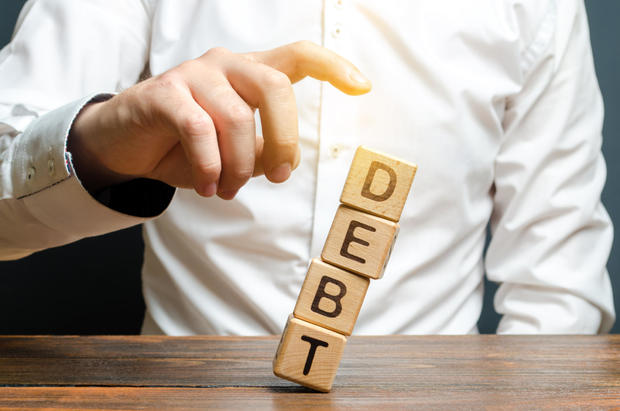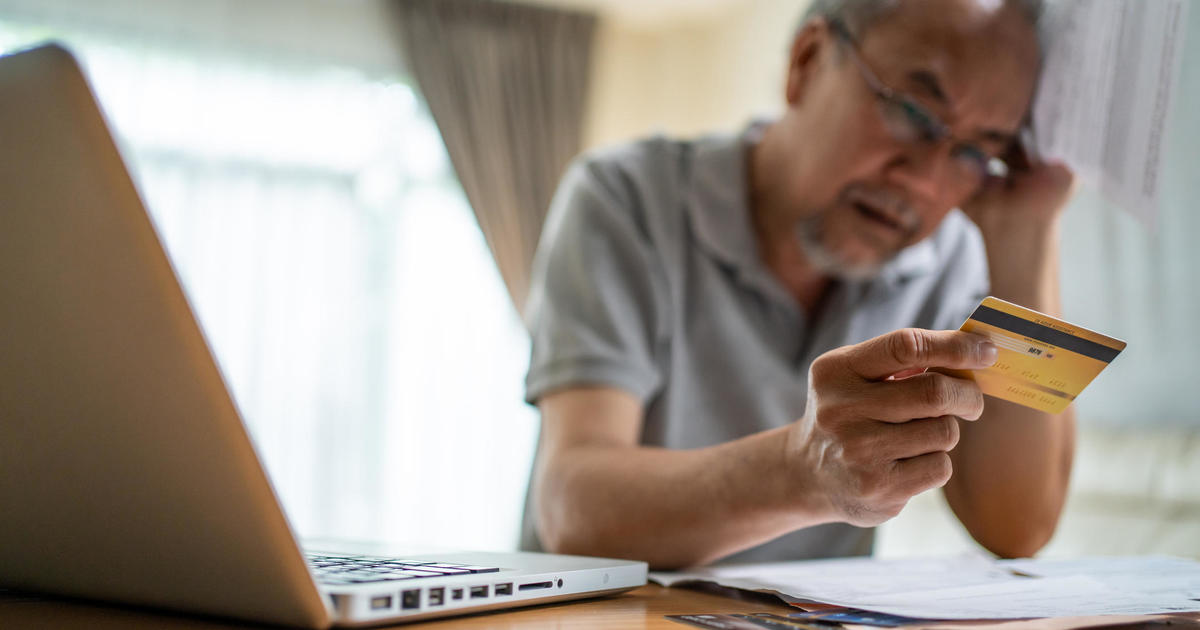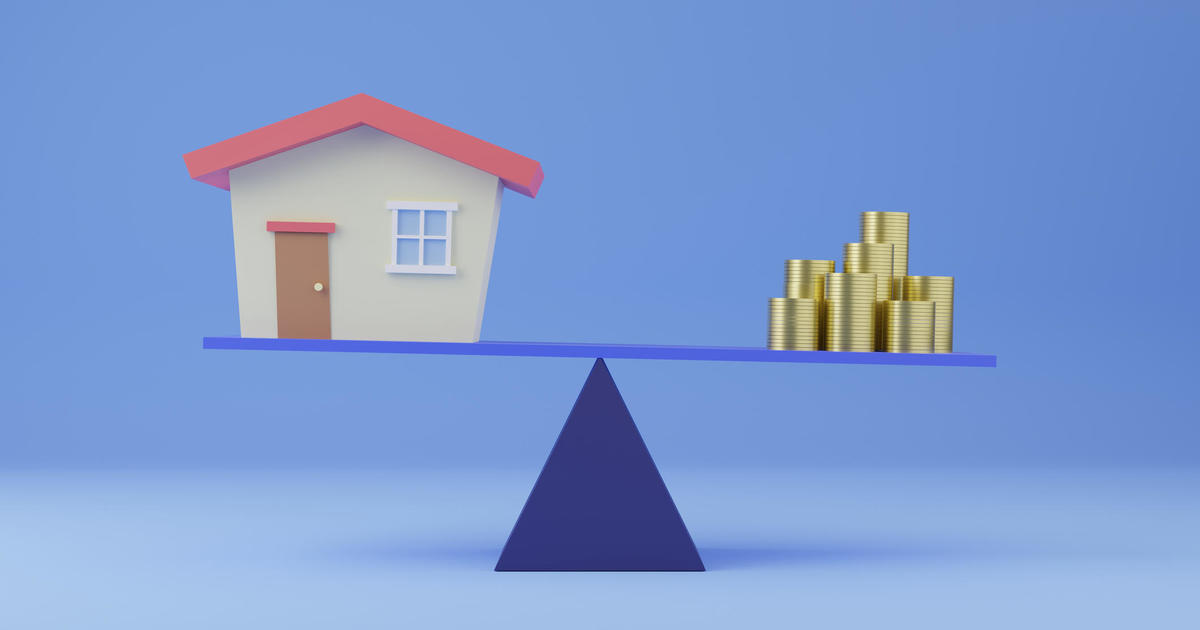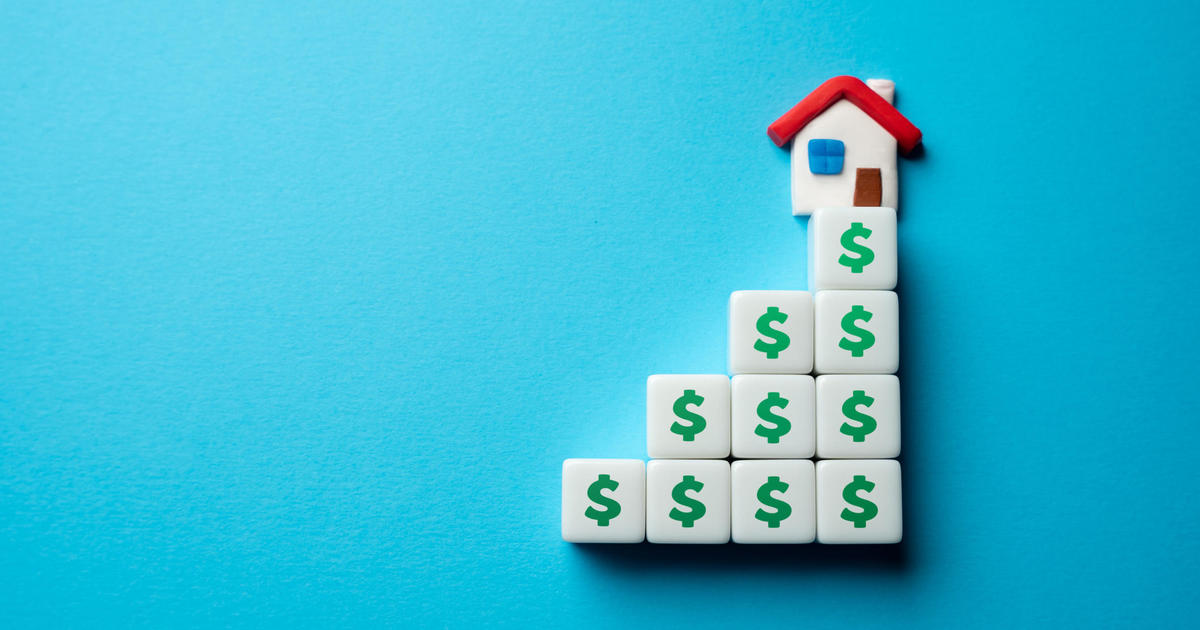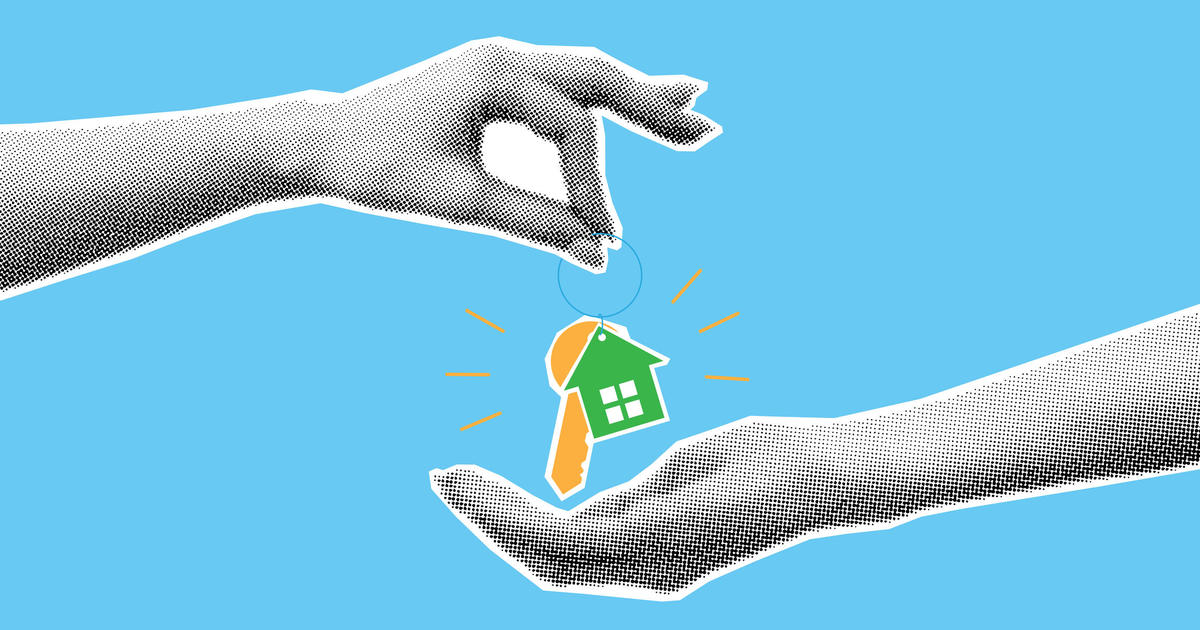5 simple ways to pay off debt in collections
Over the past couple of years, the rapidly rising cost of debt has dealt a severe blow to many households. As the Federal Reserve aggressively raised its benchmark interest rate to combat stubborn inflation, the rates on credit cards, home equity lines of credit (HELOCs) and other variable loans climbed in lockstep. And, while the Fed has opted not to raise rates at its last few meetings, the benchmark rate is currently paused at a 23-year high, which is keeping borrowing costs elevated.
Today's high interest rate environment has made it difficult for many borrowers to keep up with minimum payments that increased along with the rates. For example, credit card balances that were manageable before the rate hikes may have become overwhelming burdens now that the average credit card rate hovers above 21%. And, for those unable to make substantial payments toward their principal balances, the compounding interest may be causing their debts to spiral out of control.
If left unaddressed, these debts can end up in the hands of collection agencies after months of non-payment. And, aside from the stress and frustration that comes with it, having debt in collections can also severely negatively impact your credit score. The good news is that there are some proactive steps you can take to pay off collections and get your finances back on track.
Learn more about how the right debt relief company could help you today.
5 simple ways to pay off debt in collections
Here are a few simple ways you can pay off debts that have gone to collections and start to get your finances in order:
Use a debt consolidation loan
If your credit is still good overall, despite having a collections balance on your credit report, taking out a debt consolidation loan from a bank, credit union or online lender at a lower interest rate could be a smart way to pay off what you owe. By consolidating your separate credit card balances and other debts, including those in collections, into one fixed monthly payment, you can eliminate high variable interest rates and can easily calculate your payoff timeline.
The key to this approach is to qualify for a low interest rate to eliminate unnecessary interest charges, if possible. Try to aim for a debt consolidation loan rate under 10% if you can. However, a debt consolidation loan rate that's higher than 10% could still make sense if it's lower than the average rate you're paying on your debts.
Find out more about your top debt relief options online now.
Enroll in a debt consolidation program
If you have debts in collections, a debt consolidation program offered by a debt relief service can provide a structured path to resolving those outstanding balances. These programs combine your debts, including credit card balances, debts in collection and personal loans, into one one loan with a lower monthly amount. The goal is to make your total debt burden more manageable based on your current financial situation.
A major benefit of using debt consolidation is the potential savings from reduced interest costs over the long run. With creditors willing to drastically lower the applicable interest rates, more of your monthly payment goes towards principal reduction instead of perpetually churning interest fees. And, the option to roll both your credit card debts and your debts in collections into the consolidated debt simplifies the process of repaying what you owe across the board.
Consider debt settlement
Debt settlement is another option that may be worth considering if you have debts in collections. When you enroll in a debt settlement or debt forgiveness program, the debt relief agency you work with will try to negotiate lump sum settlements on your debts in collections and your other debts, like your credit card balances, to settle them for less than the full outstanding balance.
With this option, you may be able to resolve multiple debts quickly for a fraction of what you owe and potentially avoid filing for bankruptcy. However, you should expect your credit score to drop significantly, at least in the short term, since your debts were not paid in full as initially agreed upon. In turn, debt settlement should typically be reserved for those with serious financial difficulties.
Negotiate a payment plan yourself
Another potential approach for tackling debts in collections is to call each creditor directly to negotiate your own settlement or payment plan. In many cases, the creditors may accept some money as a settlement rather than risk getting nothing if you file bankruptcy.
For example, you can offer to pay a lump sum settlement of 25% to 50% of the balance if you can afford it to drastically reduce what you owe to the debt collectors you're speaking to. If you take this route, though, be sure to use your best negotiation skills, be persistent and get every agreement in writing.
File for bankruptcy
For those in extreme financial distress with no alternative solutions, bankruptcy allows you to either have certain debts discharged (Chapter 7) or repaid through a structured court-approved repayment plan (Chapter 13). This should be a last resort in most cases due to the long-lasting credit ramifications, but it's sometimes necessary to get relief from having overwhelming amounts of debt in collections.
If you plan to file for bankruptcy, it typically makes sense to hire an experienced bankruptcy attorney to assist you. They can advise which type is appropriate, ensure you are following protocols and maximize what types of debts can potentially be eliminated.
The bottom line
Everyone's financial situation is unique, but the path to paying off debt in collections boils down to taking proactive measures aligned with your current financial situation. From consolidating through loans or third parties to negotiating settlements, or as a last resort using bankruptcy protection, the key is finding a solution that allows you to regain control over your finances. But in most cases, with discipline and perseverance, you can put debt in collections behind you and get started on the path toward a better financial picture.
